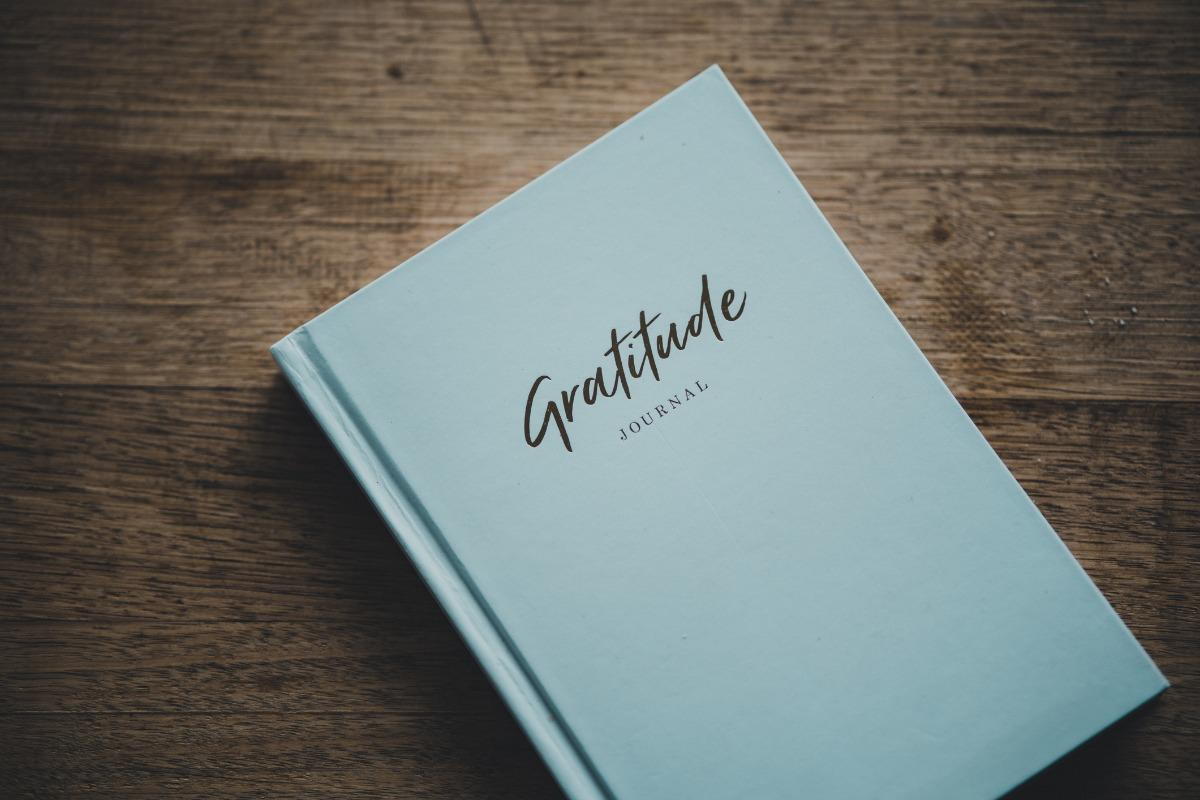
This is the week of the American holiday known as Thanksgiving Day, a day set aside to reflect on that for which we are grateful. For some people, it's a day of spending time with people we care about and doing something fun and relaxing. For others, it's a stressful day if those people also happen to be someone who is difficult to be around. For many of us, it's a day of stuffing ourselves with traditional holiday foods, maybe watching the Macy's Thanksgiving Day parade on TV in the morning and then football games for the rest of the day. How are you planning to celebrate Thanksgiving? Even more significant, for what are you truly grateful, and how will you express your gratitude?
Feeling grateful and expressing gratitude come with some amazing benefits that impact us physically, emotionally, and spiritually:
Physically, gratitude activates the parts of our brain associated with feeling happier. Dr. Daniel Amen, a well known neuropsychiatrist, did an experiment that involved doing scans of the brains of healthy adults both before and after they spent several weeks focusing on what made them feel grateful. The "after" scans indicated that the parts of the brain associated with feeling good, like the Thalamus and the Medial Prefrontal Cortex, were now more active than in the "before" scans, and the parts of the brain associated with feeling anxious, like the Amygdala, had become less active.
Gratitude also prompts the body to release Oxytocin, which is a hormone known to lower blood pressure and cortisol levels. It's also a hormone involved in the bonding and attachment process between a mother and a baby, as well as helping to facilitate empathy, trust, and attachment in adult relationships.
Emotionally, "Gratitude turns what we have into enough." I saw this quote on a plaque a few weeks ago and it spoke to me, so I bought it and put it on my kitchen shelf. I think it invites us to stop comparing our life to someone else's life and gives us permission to get off the treadmill of perfectionism and striving. Because it turns our attention to what is present in our lives rather than what is missing, gratitude also puts us on a course of feeling contented and satisfied.
Spiritually, we become more in alignment with the heart of God when we are feeling and expressing gratitude. Did you know that the concept of gratitude and giving thanks is talked about 71 times in the New Testament and 102 times in the Old Testament?
So, here is an experiment you might try if you are interested in finding out how feeling and expressing gratitude might impact your life: First, gage where you are on a scale of 0 - 10, with 0 being, "I'm completely free of any negative thoughts and feelings, and I feel great," and 10 being, "My thoughts and feelings are the most negative I can remember experiencing." Next, list the things for which you are grateful. They can be simple things from your past, like, recalling the wonderful taste and smell of your grandmother's homemade Cinnamon Rolls. Or maybe you will list things from your present, like a beautiful sunset. Or perhaps you'll reflect on something like, the ability to take a deep breath, or to get a good night of sleep, or to take a walk in nature, or to engage in something creative. List as many things as your can. Once you've complete your list, gage where you are again on that scale of 0 - 10.
Even better, do this exercise every day between today and Thanksgiving Day, and notice what being grateful does to your level of happiness. Even better still, write down 3 - 5 things in a Gratitude Journal every night between this Thanksgiving Day and Thanksgiving Day, 2023, and see how that impacts your level of happiness. I'm betting you will discover that your happiness increases over the next year!
A landmark study was done (Emmons and McCullough, 2003) on the impact of keeping a Gratitude Journal. Participants in the study were divided into 3 groups. For 10 weeks, one group daily recorded 5 things they were grateful for. that impacted their happiness. The second group recorded 5 things they experienced as being a hassle. The third group recorded any 5 things that had happened to them, with no stipulation as to whether it was something for which they were grateful or something they experienced as a hassle. When the statistics were all tabulated, the first group was way ahead of the other two groups in terms of feeling better about their lives, expressing more optimism, and reporting fewer physical complaints.
In light of all this, it sounds like we would benefit from celebrating Thanksgiving more than one day a year! I wonder what would happen if we were to make it a lifestyle?
(Photo credit: Blake Avery Content)
